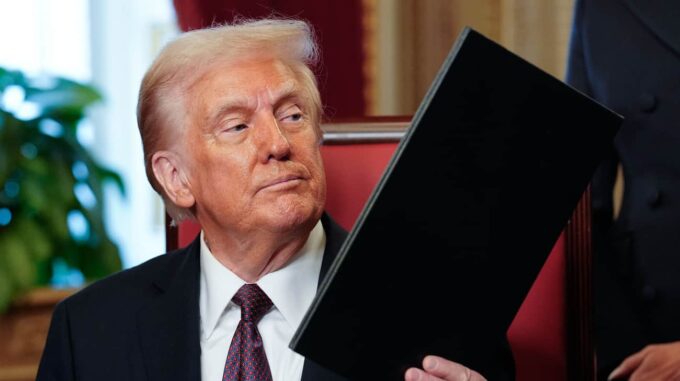The administration of President Donald Trump has developed new criteria for selecting candidates for public service, aimed at strengthening oversight of their political loyalty and adherence to the principles of effective governance

According to the published documents, potential civil servants are now required to undergo an additional evaluation stage, submitting an essay with responses to four questions. This decision forms part of a broader administration strategy to enhance control over personnel policies, particularly in the context of new regulations approved by the U.S. Office of Personnel Management (OPM). Under the new requirements, all candidates must briefly and clearly—no more than 200 words—articulate their political stance and commitment to improving government efficiency. Among the questions are identifying their favorite presidential executive orders or political initiatives, and explaining how they are prepared to support their implementation if appointed to the position. The other two questions focus on personal work ethics and ways to enhance the effectiveness of the public system. Importantly, candidates' responses must be original: the memorandum emphasizes that the use of consultants, artificial intelligence, or any third-party sources is prohibited, and all answers must be honest and genuine. The document underscores the importance of transparency and warns against fraud during the selection process. These changes even affect positions at the GS-5 level, where the starting annual salary is just over $32,000. This means that assistants, national park staff, and other government employees are expected to promote ideas and policies that support high standards of loyalty to the administration and its values. Furthermore, a key aspect of the new rules is an increased focus on the political ideology of candidates. As part of implementing the presidential executive order signed by White House leaders, including Vint G. Hiley and Charles Ezell, programs aimed at diversity, equity, and inclusion (DEI) are being abolished. The order calls for selecting candidates who seek to improve government efficiency, support the ideals of the American republic, and uphold constitutional values and the rule of law. Against this backdrop, it is clear that the level of political control and ideological loyalty within the public sector is rising. The Trump administration aims to build a staffing framework that values and promotes the principles and goals of its political platform, choosing candidates who are already aligned with and supportive of its key policies. This approach could significantly influence future personnel policies and the quality of public reforms, potentially shifting away from traditional, neutral hiring practices towards a more ideologically driven process.

